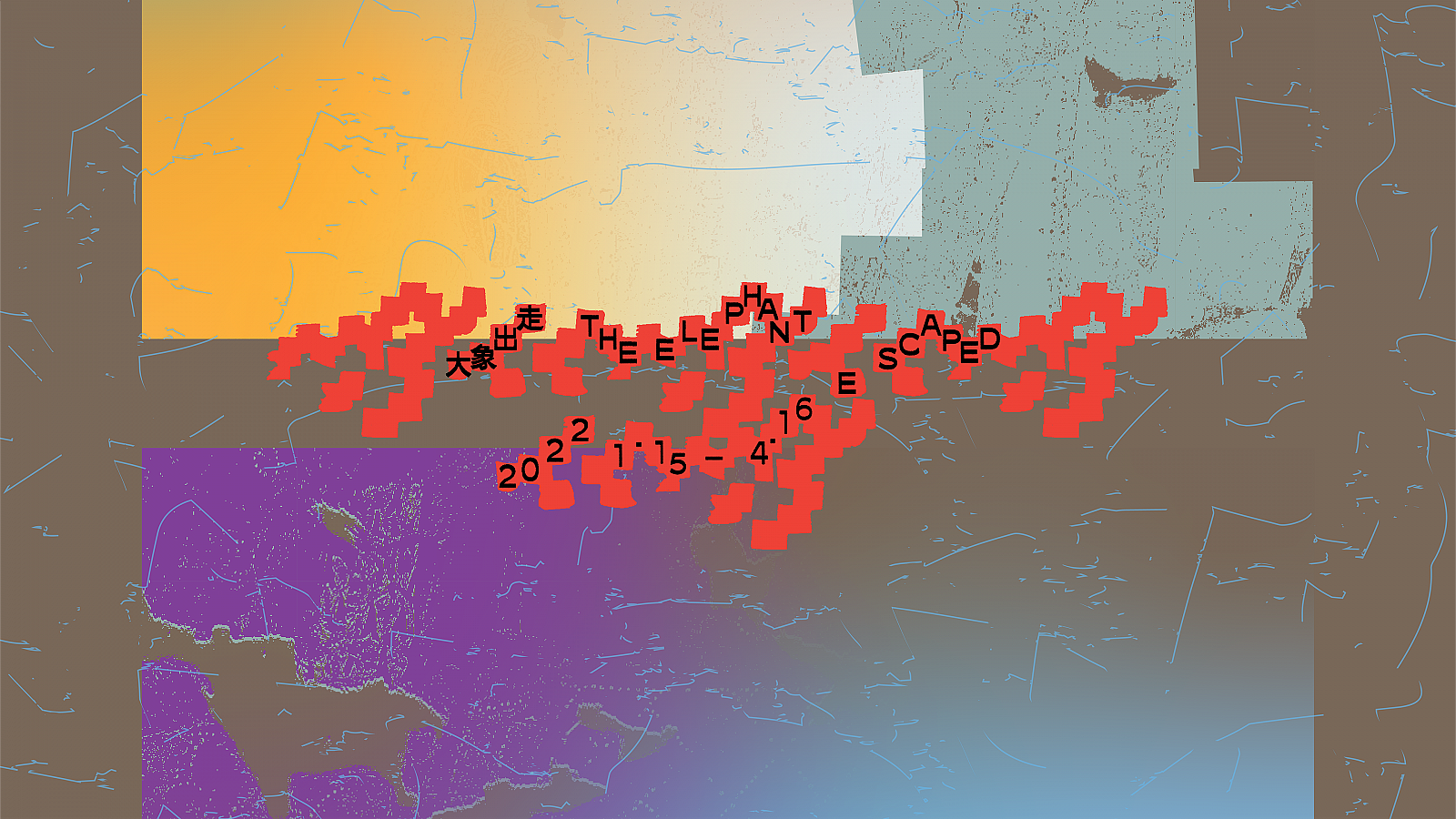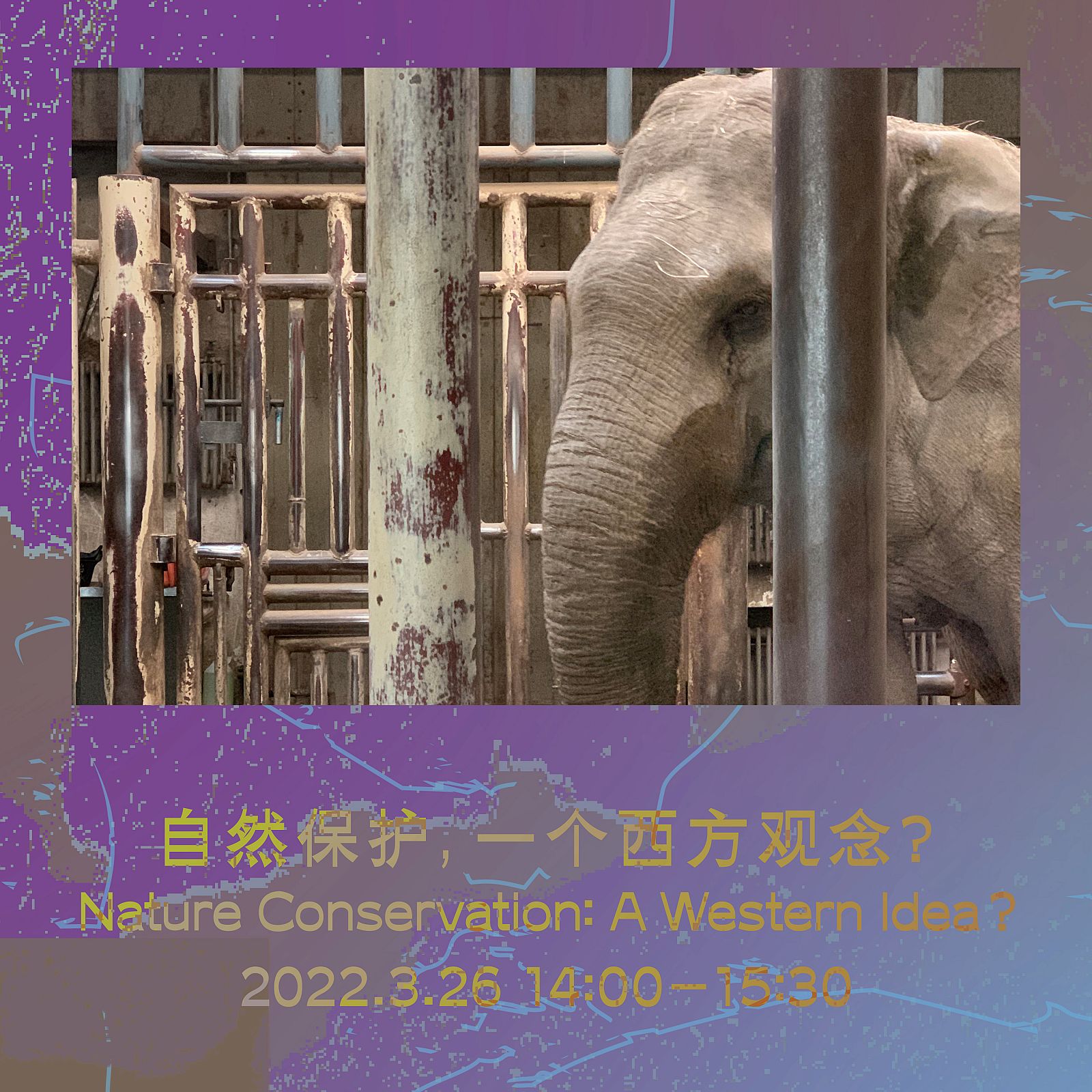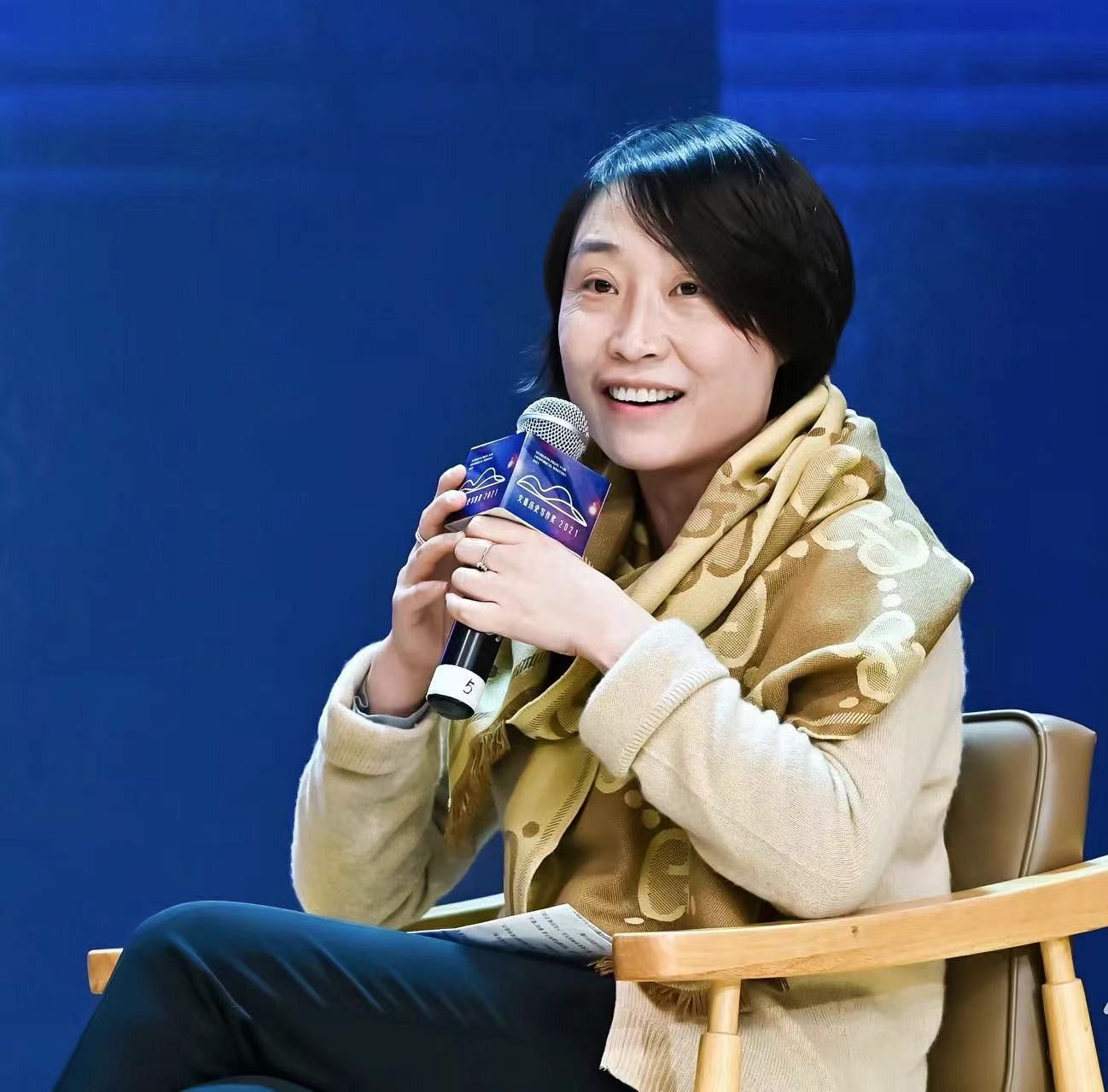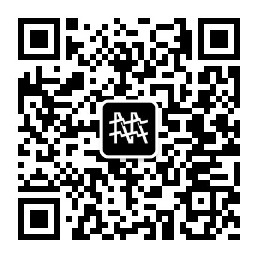 The Elephant Escaped
The Elephant Escaped
2022.03.26 Saturday 14:00
Location
MACA Art Center
Speaker: Hou Shen

In The Retreat of the Elephants, Mark Elvin told a complex story about the interrelationships between nature, time, and animal migration, which inspired the curation of MACA’s “The Elephant Escaped.” On March 20, we are delighted to present a lecture by environmental historian Hou Shen, which will give us the opportunity to listen to the “sounds of the elephants.” With Elvin’s book as an introduction, the lecture will delve deep into the different ways in which environmental protection is conceptualized in Chinese and American culture.
For countries outside of Europe and North America, is the idea of environmental protection imported or does it have indigenous origins? Two views have emerged among historians. One view holds that environmental protection is a part of Western cultural colonization, and national nature preserves or parks in Asia, Africa, and Latin America were imposed by Western cultures on the natural and cultural environments of their colonies. Another viewpoint holds that Christianity has a deleterious influence on nature and that Western culture could learn from many of the concepts and practices of environmental protection that have existed in non-Western countries since ancient times.
Dr. Hou Shen is professor of environmental history in the School of History, Renmin University of China, Beijing, China, junior distinguished scholar of RUC, and the deputy director of the Center for Ecological History, RUC. She worked with Prof. Donald Worster and received her Ph.D. in American history from the University of Kansas in 2008. She was a Rachel Carson Fellow at the Rachel Carson Center for Environment and Society, Munich. She has served on various international editorial and advisory boards. She is the author of The City Natural: Garden and Forest Magazine and the Rise of American Environmentalism (University of Pittsburgh Press, 2013), and Cities without Walls: Nature and Cities in American History (Sichuan Renmin Publisher, 2021). She has translated Rivers of Empire: Water, Aridity, and the Growth of the American West (Yilin Publisher, 2018). Dr. Shen Hou has published more than thirty articles on environmental and urban history in Chinese and English. She is currently finishing a book on Boston’s environmental history and working on a book project about coastal cities.

